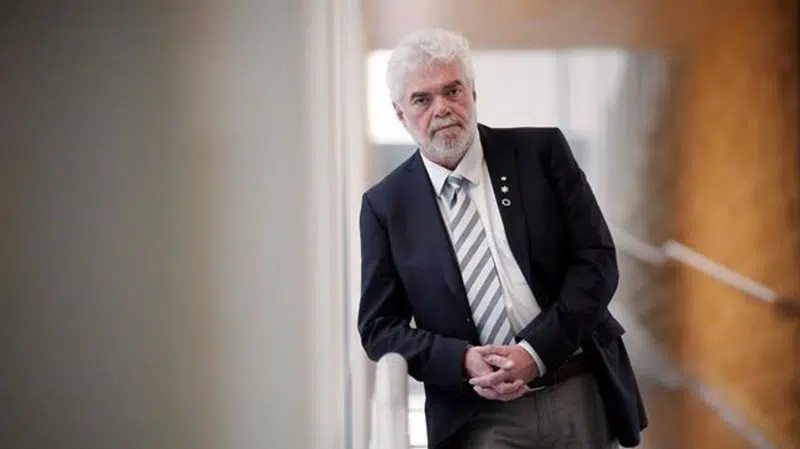
Helped develop response to SARS, H1N1: Renowned scientist Francis Plummer dies
WINNIPEG — The former scientific director of Canada’s National Microbiology Laboratory who had experimental brain surgery to battle alcoholism has died.
Dr. Francis (Frank) Plummer, a world-renowned microbiologist and infectious-disease expert, was 67.
“He was a scientific maverick,” Theresa Tam, Canada’s chief public health officer, tweeted on Tuesday.
Plummer was a mentor, she said, who helped set up and make the national laboratory in Winnipeg a world-class institution.


